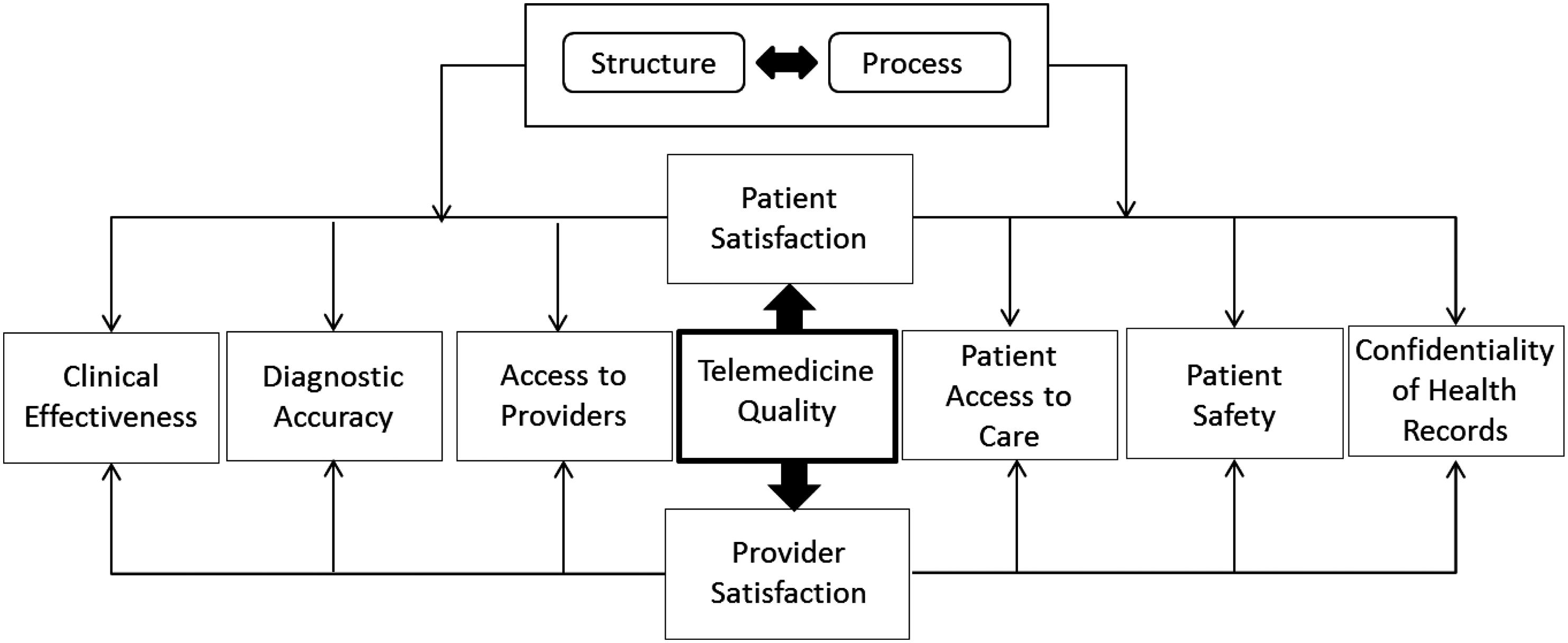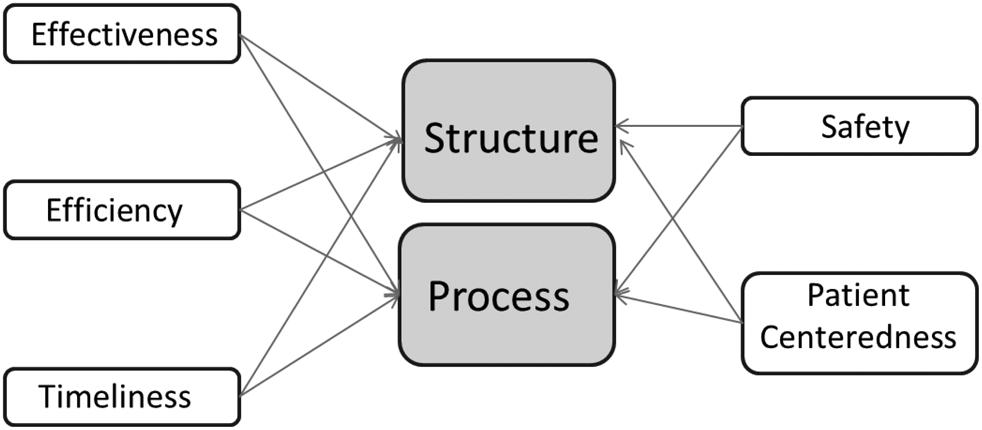
1 minute read
Data Security
reporting unmet need are seeking treatment and facing barriers to getting the help they need.
Data also suggests that not addressing mental illness can affect a company’s bottom line. Serious mental illnesses result in approximately $193 billion in lost earnings per year, according to the National Alliance on Mental illness (Holmes, 2017).
Advertisement
Patient privacy issues, including concerns about data breaches, continue to be a challenge for providers, payers, and consumers. Providers and payers must be aware of the best practices for data security to avoid the type of HIPAA violations that can harm an organization. According to Cocchi, nearly 40 percent of consumers “would abandon or hesitate using a health organization” if it was hacked, and more than 50 percent of consumers would avoid or be wary of using a connected medical device if a breach were reported (Cocchi, 2016). Regarding cybersecurity concerns over medical devices, according to Cocchi, internet-connected healthcare products are estimated to be worth $285 billion by 2020. This is good because it helps provide virtual care. However, with this connectivity of mobile apps and medical devices comes the concern of hacks and breaches. The news is already full of security breaches, and the situation will only worsen as increasingly more medical devices require cyber security. Hackers have made healthcare data a major target, a particularly worrisome development given the sensitivity of this information.
For individuals to feel comfortable sharing their data, everyone in the healthcare ecosystem must constantly remain vigilant about protecting data and information privacy. Data privacy and interoperability must be addressed by government legislative bodies to create a regulatory environment that encourages research and innovation while protecting patients.
Aetna has launched a new security system for its consumer mobile and web apps that, in something of a twist, makes passwords optional. Instead of a password or fingerprint being the only barrier to entry, Aetna’s new behavior-based security system monitors user devices and how and where a consumer uses that machine. Consumers can add biometric protection to their devices (Siwicki, 2017).





